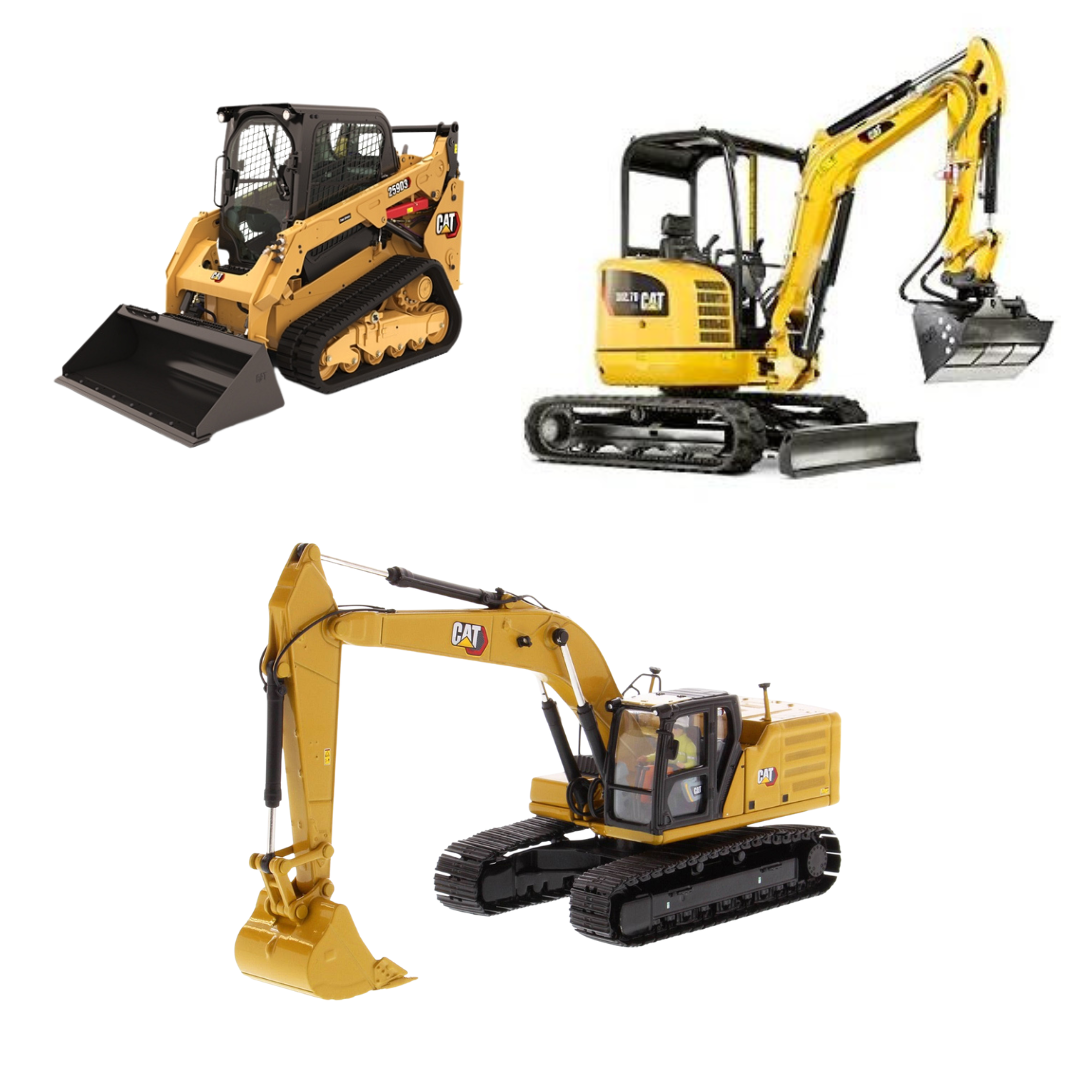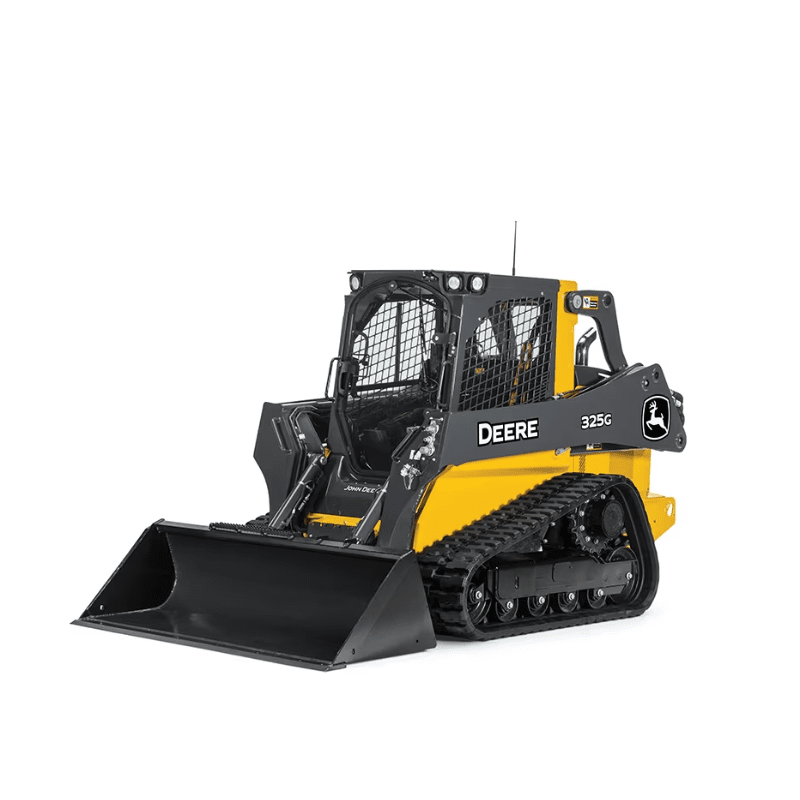Equipment Rental Company: Your Source for All Kinds Of Equipment
Maximize Your Budget by Understanding the Costs Linked With Building And Construction Devices Rentals
Recognizing the full range of costs connected with construction tools rentals is vital for optimizing your budget. What methods can be employed to successfully take care of these costs and guarantee a much more reliable rental experience?
Overview of Rental Prices
When thinking about construction tools leasings, understanding the linked expenses is paramount for efficient budgeting and project planning. Rental costs can differ substantially based upon several elements, consisting of equipment kind, period of rental, and location. The preliminary rental charge often mirrors the devices's market demand and its associated operational capacities, affecting the overall expenditure.
In addition to the base rental price, secondary costs might occur, such as transportation charges, gas surcharges, and maintenance costs. It is vital to account for these extra expenditures to accurately examine the complete price of leasing tools. Furthermore, the rental duration can impact prices; longer rentals might get approved for discounted rates, while short-term leasings might sustain greater day-to-day charges.

Breakdown of Rental Rates
An extensive understanding of rental rates is important for professionals and job supervisors intending to enhance their budget plans. Rental rates for construction equipment typically contain a number of components, consisting of base prices, time-based costs, and use costs.
Base prices are the core fees related to the rental of the tools, often identified by the type and dimension of the machinery. These rates can differ substantially, influenced by factors such as devices demand, schedule, and local market trends. Time-based costs, which might be daily, weekly, or monthly, serve to suit various project timelines and rental periods.
In addition, rental prices may consist of usage fees, which are relevant when devices is used beyond a defined threshold, making certain that the rental business can account for damage. Seasonal need fluctuations can additionally impact rental prices, with peak building seasons typically regulating higher costs.
Moreover, recognizing the rental company's plans relating to maintenance and insurance coverage can provide more insight into the overall price structure. By examining these components, professionals can make enlightened choices, making sure the option of rental devices lines up with both job demands and spending plan constraints.
Additional Charges to Take Into Consideration
Comprehending the intricacies of additional fees is vital for service providers to manage their overall rental costs successfully. Past the typical rental prices, numerous supplemental costs can dramatically influence the complete price of tools service. These fees usually include shipment and pickup charges, which can vary based on range and logistics included in delivering the tools to and from the work website.
In addition, some rental companies might enforce gas surcharges if the tools is returned with much less gas than when rented out. It is likewise necessary to recognize prospective cleaning costs, specifically for customized devices that requires comprehensive upkeep after use.

Extensively assessing the rental arrangement and making clear these added charges upfront can assist specialists prevent unexpected expenses and guarantee that budget plans remain undamaged throughout the project lifecycle.
Upkeep and Repair Work Costs
Routine repair and maintenance expenditures are typically overlooked aspects that can significantly affect the overall expense of construction devices services. When leasing tools, it is essential to consider not only the rental costs but also the possible costs connected with maintaining the machinery in ideal operating condition.
Several rental companies consist of standard maintenance as part of the rental contract; however, a lot more extensive repair services or unanticipated breakdowns can lead to additional expenditures. It's important to assess the rental contract very carefully to recognize what upkeep solutions are covered and what responsibilities fall on the occupant.
Additionally, devices that is not well-kept can bring about inadequacies on duty site, possibly enhancing heavy duty hoist and triggering delays job costs. To reduce these dangers, it is recommended to carry out routine evaluations and preserve open interaction with the rental service provider concerning any issues that arise during usage.
Insurance and Liability Costs
Insurance policy and responsibility prices are important elements that can considerably influence the general expense of building and construction tools services (mini excavator rental). These expenses make certain that both the rental business and the customer are protected from prospective monetary losses emerging from mishaps, damages, or theft throughout the rental period

In addition, customers should know any kind of deductibles or exemptions in the insurance coverage, as these can affect prospective out-of-pocket costs. Comprehending the conditions of any insurance policy protection is important to stay clear of unforeseen expenses. Inevitably, budgeting for insurance and obligation expenses can aid make certain a smoother rental experience and shield against financial threats connected with building jobs.
Final Thought
In final thought, a detailed understanding of the prices linked with building and construction equipment rentals is crucial for effective spending plan management. Inevitably, notified decision-making regarding devices rentals adds to the general success of building endeavors.
Rental prices can vary dramatically based on several factors, including tools kind, duration of leasing, and location (heavy equipment rental). The rental click here for more period can impact rates; longer services might qualify for reduced prices, while short-term leasings may sustain higher day-to-day costs
By carrying out comprehensive research and involving with reputable rental firms, professionals can properly navigate the complexities of rental pricing, eventually optimizing their economic sources.
Beyond the typical rental prices, different auxiliary costs can considerably influence the total price of equipment service. Rental companies frequently provide liability insurance that covers injuries to third parties or damage to residential click here to read property, while equipment damage insurance can cover the expense of repair work or substitute if the leased tools is harmed.